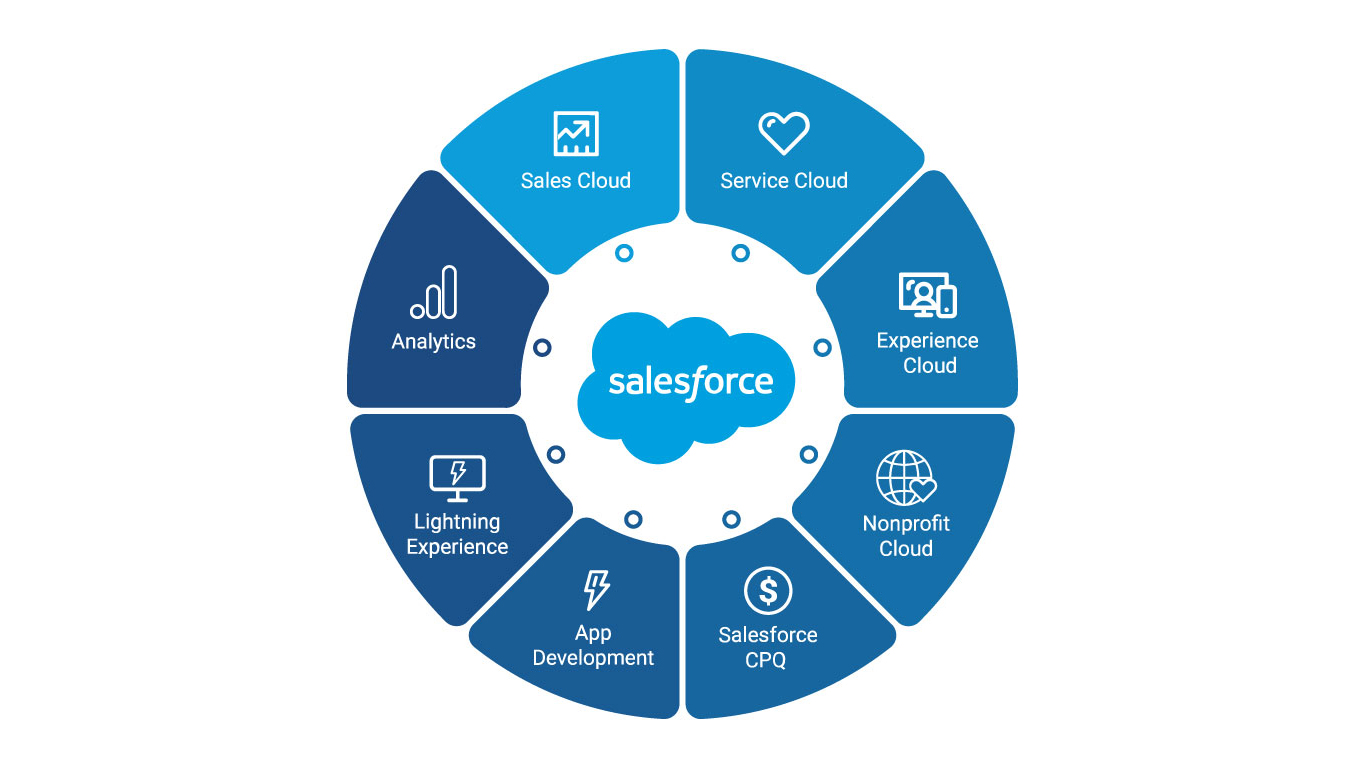Salesforce consultants are the navigators of the CRM world, guiding businesses through complex implementations and optimizations. But like any journey, there are always questions. Whether you’re a seasoned consultant or just starting out, understanding the common queries you’ll encounter is crucial for success. Let’s dive into some of the most frequent questions and how to tackle them.
1. “Can Salesforce Solve [Specific Business Problem]?”
This is the bread and butter of consulting. Clients often come with a pain point, and they’re looking to you to translate it into a Salesforce solution.
- How to Answer:
- Listen Actively: Understand the core issue and the desired outcome.
- Ask Probing Questions: Dig deeper to uncover the specifics of their processes and data.
- Showcase Relevant Features: Demonstrate how Salesforce functionalities, like workflows, automation, or custom objects, can address their needs.
- Provide Realistic Expectations: Be honest about limitations and potential challenges.
- Document Everything: Clearly outline the proposed solution and its benefits.
2. “How Much Will This Cost?”
Budget is always a concern. Clients need to understand the financial implications of implementing or customizing Salesforce.
- How to Answer:
- Break Down Costs: Provide a detailed breakdown of licensing, implementation, customization, and ongoing maintenance.
- Offer Different Options: Present various solutions with varying price points.
- Highlight ROI: Emphasize the long-term value and cost savings that Salesforce can bring.
- Be Transparent: Avoid hidden fees and clearly communicate any potential additional costs.
- Consider future scalability: make sure to add costs associated with future growth.
3. “How Long Will This Take?”
Time is money, and clients need to know the timeline for implementation or customization.
- How to Answer:
- Develop a Realistic Timeline: Consider the complexity of the project and potential roadblocks.
- Break Down the Project into Phases: Provide clear milestones and deadlines.
- Communicate Regularly: Keep clients updated on progress and any potential delays.
- Manage Expectations: Be upfront about potential challenges that could affect the timeline.
- Use project managment tools: To keep track of progress, and to provide visuals to customers.
4. “Can We Integrate Salesforce with [Other System]?”
Integration is a common requirement, as businesses often use multiple systems.
- How to Answer:
- Assess the Systems: Understand the functionalities and APIs of both Salesforce and the other system.
- Explore Integration Options: Consider API integrations, middleware, or pre-built connectors.
- Evaluate Data Mapping: Ensure data is accurately transferred between systems.
- Address Security Concerns: Ensure data security and compliance.
- Provide a plan: Document the integration process.
5. “How Do We Train Our Users?”
User adoption is crucial for the success of any Salesforce implementation.
- How to Answer:
- Develop a Comprehensive Training Plan: Tailor training to different user roles and needs.
- Offer Various Training Methods: Consider online tutorials, in-person workshops, and user guides.
- Provide Ongoing Support: Offer post-implementation support and resources.
- Create documentation: Well written documentation is key to user adoption.
- Train the trainer: Train key personel that can then train the rest of the company.
6. “What Are the Best Practices for Salesforce Security?”
Data security is paramount, and clients need to know their data is protected.
- How to Answer:
- Explain Salesforce’s Security Features: Discuss role-based access control, encryption, and data backups.
- Recommend Best Practices: Advise on strong passwords, regular security audits, and data loss prevention.
- Address Compliance Requirements: Ensure the solution meets industry-specific regulations.
- Discuss disaster recovery: what happens if there is a data loss event.
- Always follow the principle of least privilege.
Also read : How To Customise SalesForce Opportunity Stages
7. “How Can We Optimize Our Existing Salesforce Implementation?”
Many clients have existing Salesforce instances that need optimization.
- How to Answer:
- Conduct a Thorough Assessment: Analyze current configurations, data quality, and user feedback.
- Identify Areas for Improvement: Recommend changes to workflows, automation, and reporting.
- Implement Best Practices: Ensure the system is aligned with Salesforce best practices.
- Automate manual processes: show the client how automation can save time and money.
- Clean up data: Bad data can cause many issues.
By mastering these common questions and providing clear, concise, and helpful answers, you can build trust with your clients and become a valuable Salesforce consultant. Remember, communication, expertise, and a client-centric approach are key to navigating the Salesforce seas successfully.




